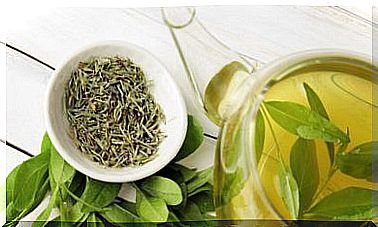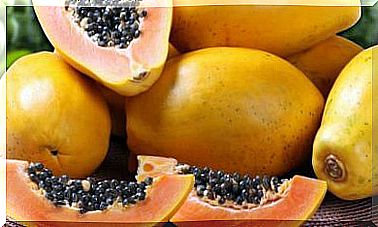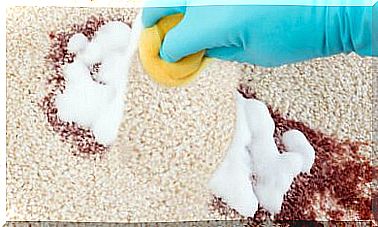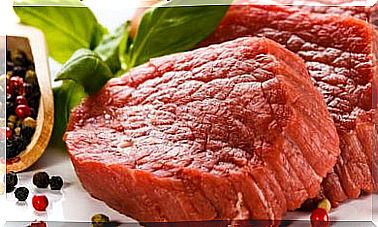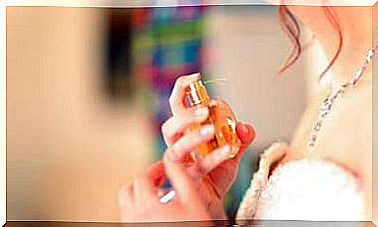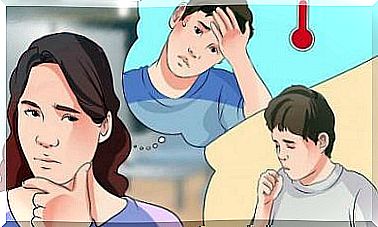4 Natural Remedies Against Acne
To control acne, it is essential to keep the skin clean. For this, there are different natural ingredients that can help us take care of our skin in the best way, such as mint and honey.
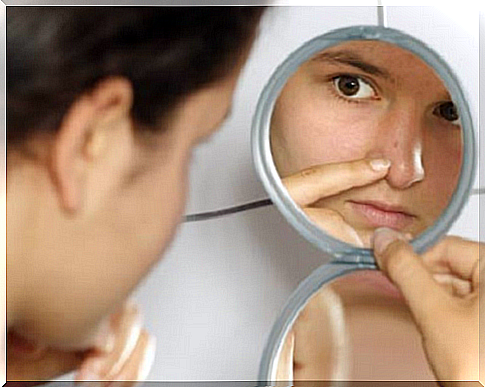
Knowing how to control acne is one of the concerns of many adolescents, although it can also affect adults. This problem is caused by changes in hormone levels and can appear in different areas of the body; it occurs most often on the face, back, and shoulders.
Clearly, the most serious problems are faced by those who suffer from acne on the face, since it is difficult to hide, as the use of makeup on the pimples is not recommended. The good news is that some natural remedies can be supportive when treating acne patients. We list them below.
Acne Treatments
Acne can start during adolescence and persist into adulthood. Likewise, it has several psychosocial effects that affect the quality of life of those who suffer it. As the treatments can vary and must be adapted specifically for each person, it is necessary that you go to a dermatologist to study your case and recommend the best treatment.
In addition, there are a number of steps you can take to alleviate and control acne. It is advisable to include skin cleansing routines with mild soaps, as well as applying non-comedogenic or water-based formulas to avoid clogging pores.
In the most severe cases, the dermatologist may prescribe the application of topical medications such as:
- Salicylic acid and azelaic acid
- Antibiotics
- Dapsone
- Retinoids
In addition to oral medications such as:
- Tetracycline
- Doxycycline
- Minocycline
- Erythromycin
- Amoxicillin
Remember that you should never use medications without prior consultation with your doctor.
Natural remedies against acne
As a complementary treatment to those mentioned in the previous section, you can try to apply any of the natural remedies that we recommend below.
Due to their properties, these products can improve the appearance of acne, although before starting to apply them it is recommended that you consult with your dermatologist.
1. Baking soda
One of the most popularly known acne remedies is baking soda. This component can help keep the skin clean and smooth, due to its anti-inflammatory and antiseptic properties. However, there is little scientific evidence in this regard, and its prolonged use can irritate the skin or dry it excessively.
Some people recommend the following recipe, although we remind you that you should always consult your doctor first:
- Take a tablespoon of baking soda and mix it with water to make a firm paste.
- When it’s ready, apply it exactly to the mud or pimple.
- Wait 10 minutes, wash with cold water and dry your face very well.
- If any type of irritation occurs, the treatment must be suspended.
2. Lemon
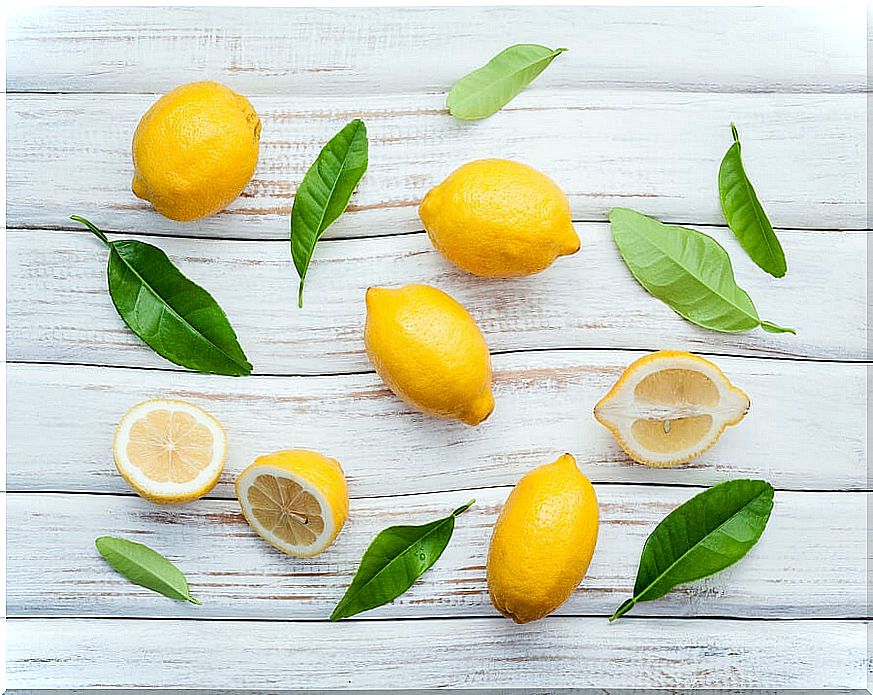
Lemon has also been used for years as a natural remedy for acne, thanks to the citric acid it contains, an antibacterial and softening component. However, more research is needed to establish the possible efficacy and safety of its long-term application.
The procedure that is usually followed is very simple, but we recommend that you consult your dermatologist before using this remedy:
- First, wash the lemon, cut it in half and apply it to the area where the problem occurs.
- You can either wipe it directly while you gently squeeze it, or squeeze it and use a cotton ball to apply the juice to your skin. Try to avoid contact with the eyes.
- You must let it act for 10 minutes. Afterwards, wash the skin with warm water and mild soap.
- To finish, and in case you do this treatment in the afternoon, apply a good light sunscreen or for oily skin. However, it is best to put it into practice only at night.
3. Mint
Peppermint has as its main element menthol, which has antibacterial and anti-inflammatory properties, so it can be useful as a support when treating acne.
A study evaluated in vitro the antimicrobial activity of some plants, including peppermint, against acne-causing bacteria. Although, in this case, oregano exhibited the strongest antimicrobial effect against acne-causing bacteria.
- You can make a natural mint infusion or prepare a mixture of mint leaves with warm water.
- Once ready, you apply it on the acne area and wait between 10 and 15 minutes before rinsing.
- You can use this natural remedy as part of your daily cleaning.
4. Honey
Besides being delicious, honey has antibacterial and anti-inflammatory properties, which is why it can be a good remedy against acne. However, while honey can be effective in decreasing bacteria on the skin’s surface, if the pore is clogged, it will not be able to penetrate.
Also, in severe or moderate cases it will probably not be effective, we recommend that you consult your doctor. In these cases it is better to try some scientifically proven medications, such as topical retinoids.
You have two options to use honey:
- The first is combining it with lemon and letting it act for 15 to 20 minutes and washing with warm water.
- Meanwhile, the second option is to apply it directly on the pustule that you want to remove, cover with cotton and leave it to act overnight.
Additional tips for dealing with acne
In addition to applying the medications recommended by the dermatologist or the remedies in specific cases, it is advisable to respect these suggestions to avoid the discomfort caused by this skin complication :
- Use exfoliating creams: The main function of these products is to avoid excess oil, the main source of the dreaded acne.
- Take cold showers: In this way, the sweat residues that remain on the body are eliminated; it is very important in hot weather, when you have worn tight clothing or after doing physical exercise.
- Apply tea tree oil: This natural product is useful for eliminating germs and removing accumulations of fat.
In short, if you perform adequate and frequent skin care, acne is a perfectly avoidable problem. However, remember that in certain people, due to the characteristics of their skin, it can occur anyway. This is when you should go to a dermatologist to treat this condition with effective methods.

